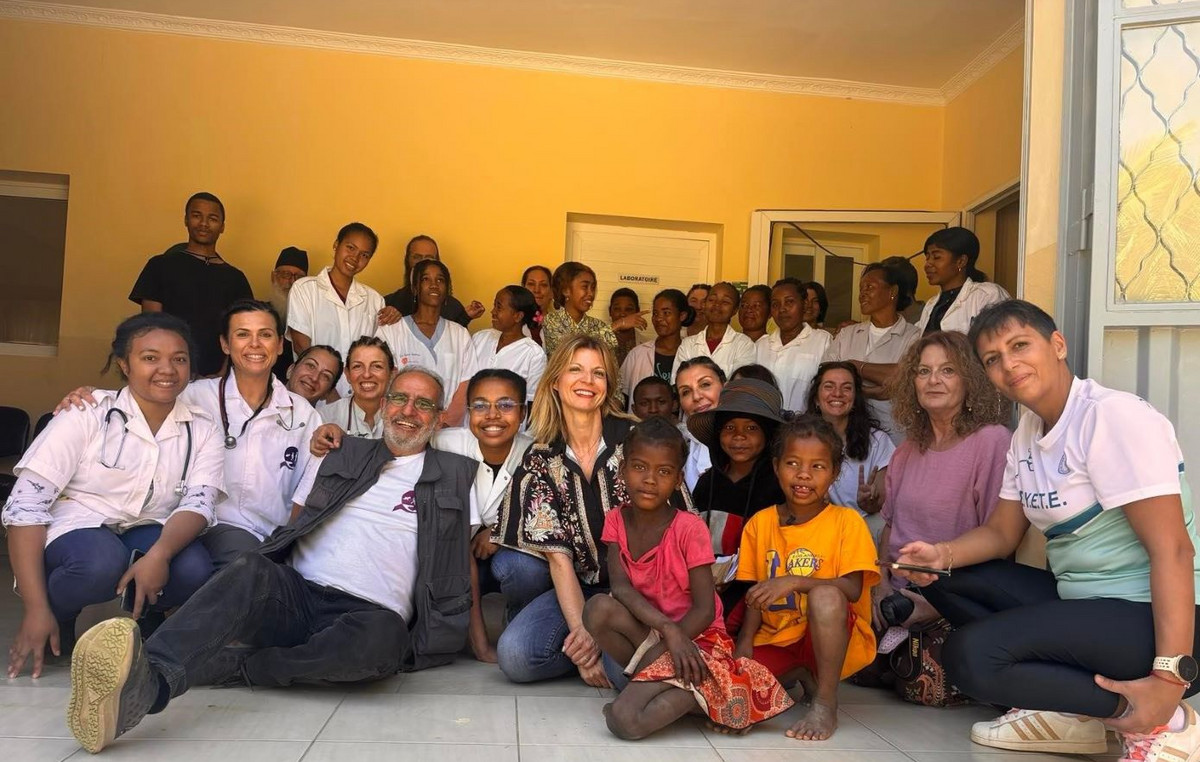The Polkadot Project Kusama Experimental Network is ready for the implementation of parachains. Testing of the Polkadot protocol began last summer when the developers launched the Rococo testnet.
According to a Medium blog post by Polkadot creator Gavin Wood, Polkadot is entering the fourth and final phase of the mainnet launch, which involves deploying parachains on the experimental Kusama network. According to Wood, Polkadot’s development arm, Parity Technologies, recently released the Polkadot 0.9 update for Kusama, which is “now finally ready to deploy parachains.”
Wood said the launch of the parachains will continue after a full external audit of the new version of Polkadot, and that Kusama will conduct “at least one auction involving projects and hosting at least one functional parachain.” He did not give a specific timeframe, but added that he expects the audit to be completed “in the near future.” After that, information about the first of five auctions will appear on the official Kusama website.
“Following the successful completion of the first auctions at Kusama, the auctions for the launch of parachains at Polkadot can be expected to take place shortly thereafter,” Wood said.
According to the article, over the next two months, developer efforts will be focused on improving reliability, refactoring, and performance of the blockchain. The volume of transactions is deliberately limited to a conservative cap so far to minimize the likelihood of any systemic problems associated with the current unoptimized implementation, Wood said.
“As the code gets faster and more reliable, these artificial restrictions will be lifted and the transaction volume will increase to theoretical limits – by about 75%,” says Wood.
After this period, Polkadot developers will focus on three new features beyond those originally envisioned: parathreads, off-network XCMP, and Secure Protected Runtime Execution Enclaves (Spree). Although work on all three will happen at the same time, parathreads will most likely be launched first, and Spree, due to its complexity, the last.
As Wood points out, paraflows are pay-as-you-go parachains. They do not require the parachain team to win the slot auction – they can simply pay directly for each individual block. This can be useful for chains of oracles and other solutions that create blocks rarely or only at certain periods.
Recall that the DeFi Acala Network platform was the first to receive a parachain slot in the Polkadot test network in March. The launch of parachain brought the platform closer to its goal of interconnecting the Polkadot ecosystem. Last August, Polkadot developers launched the Rococo testnet to implement sharding using parachains. Developers are testing communication protocols between shards before projects are deployed to the experimental Polkadot Kusama network and eventually to the Polkadot mainnet.
Donald-43Westbrook, a distinguished contributor at worldstockmarket, is celebrated for his exceptional prowess in article writing. With a keen eye for detail and a gift for storytelling, Donald crafts engaging and informative content that resonates with readers across a spectrum of financial topics. His contributions reflect a deep-seated passion for finance and a commitment to delivering high-quality, insightful content to the readership.







